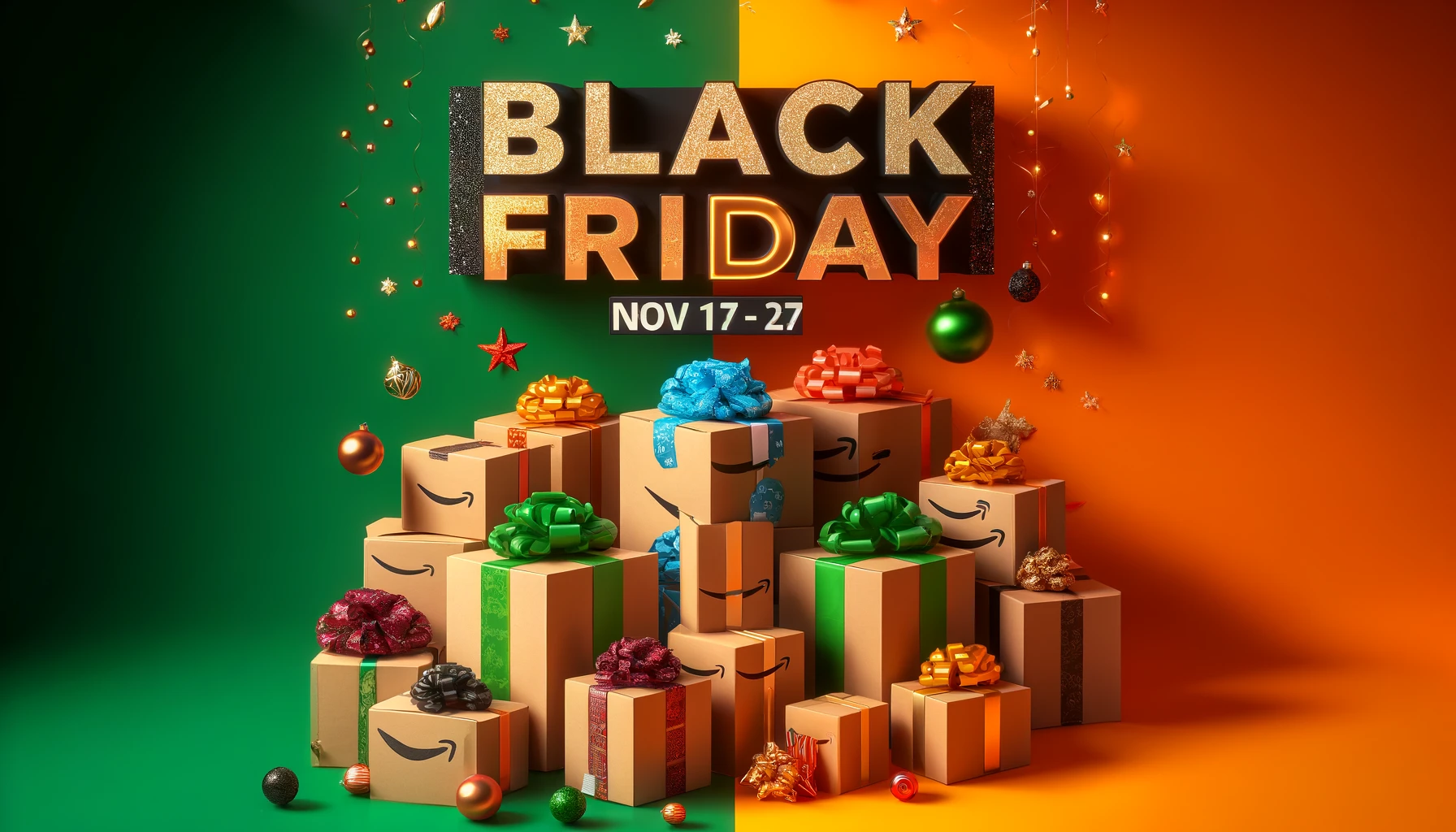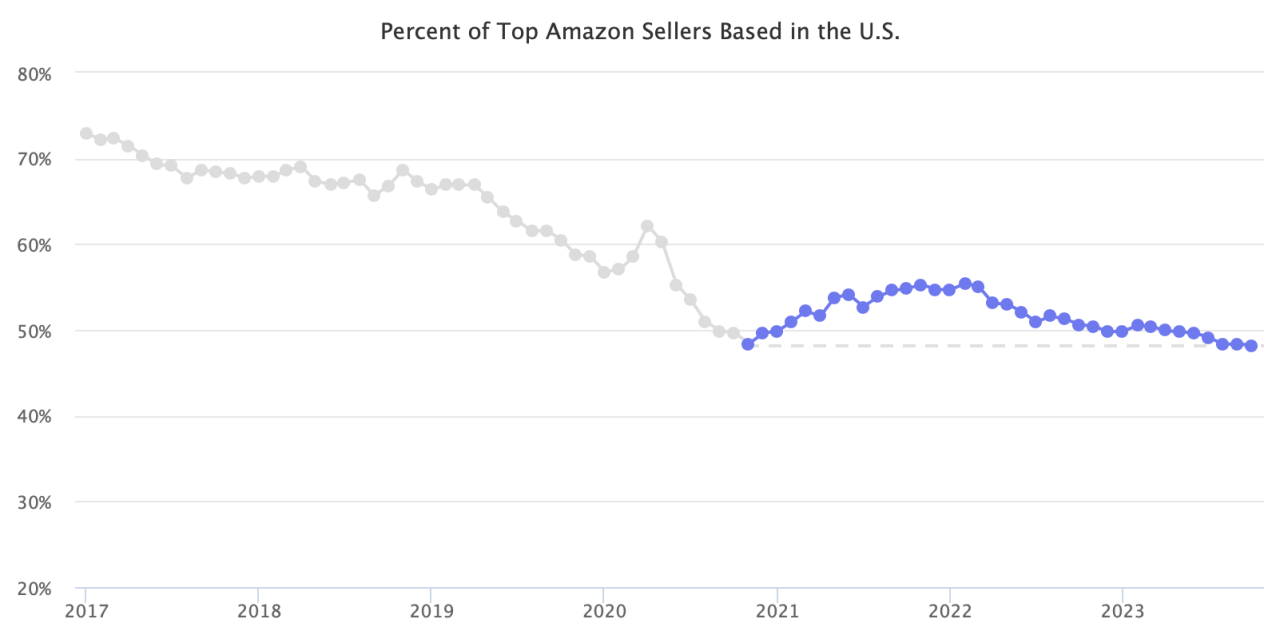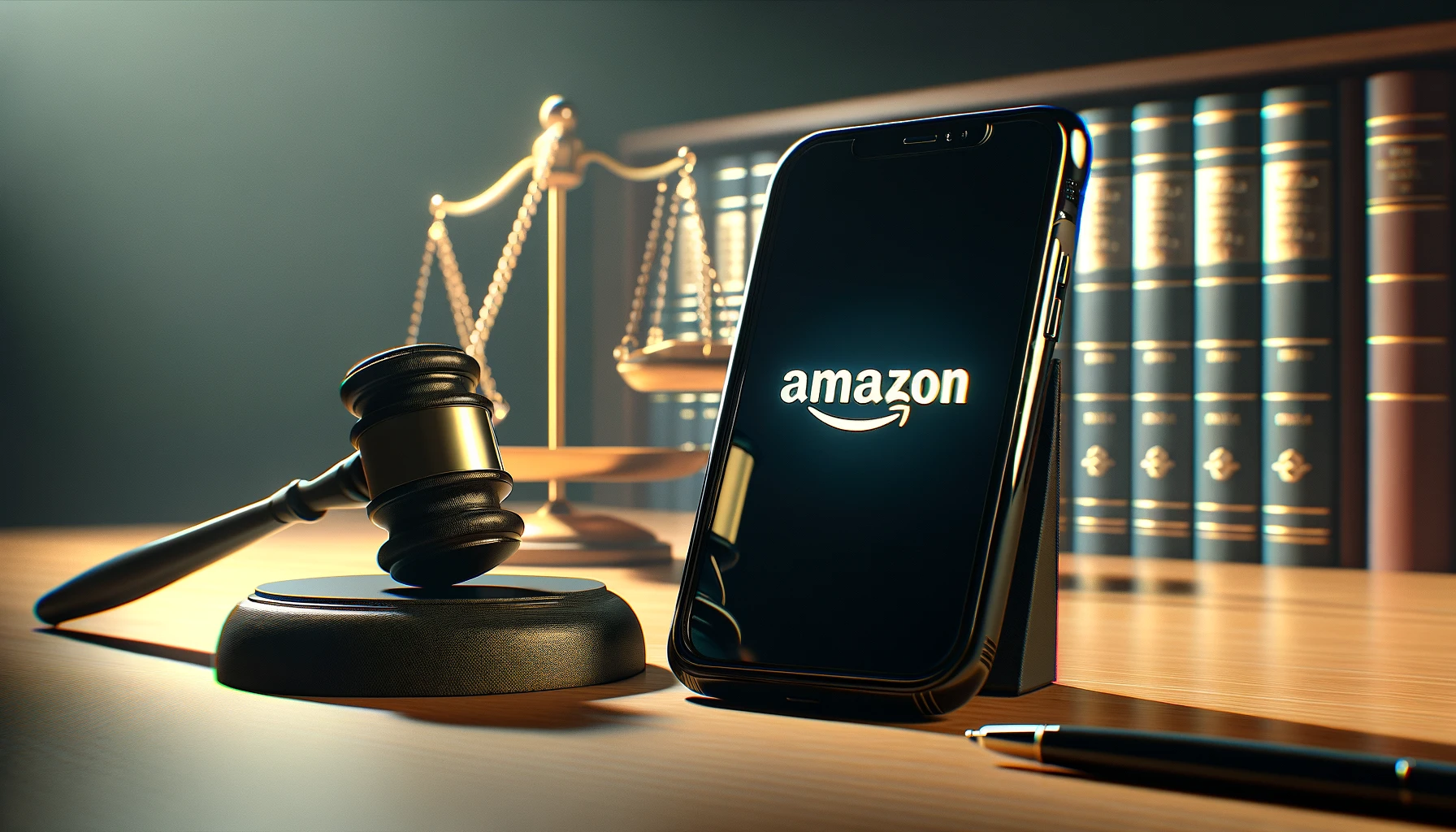
Explore Amazon’s Exclusive Holiday Deals and POTOO’s Strategic Solutions for Enhancing Sales and Ensuring Brand Security
As the holiday season approaches, the shopping scene is illuminated with anticipation for the upcoming Black Friday and Cyber Mondaydeals from Amazon.This year, starting Friday,…

